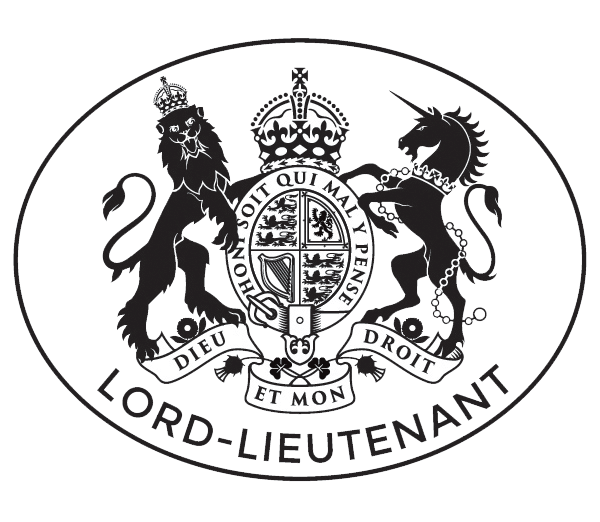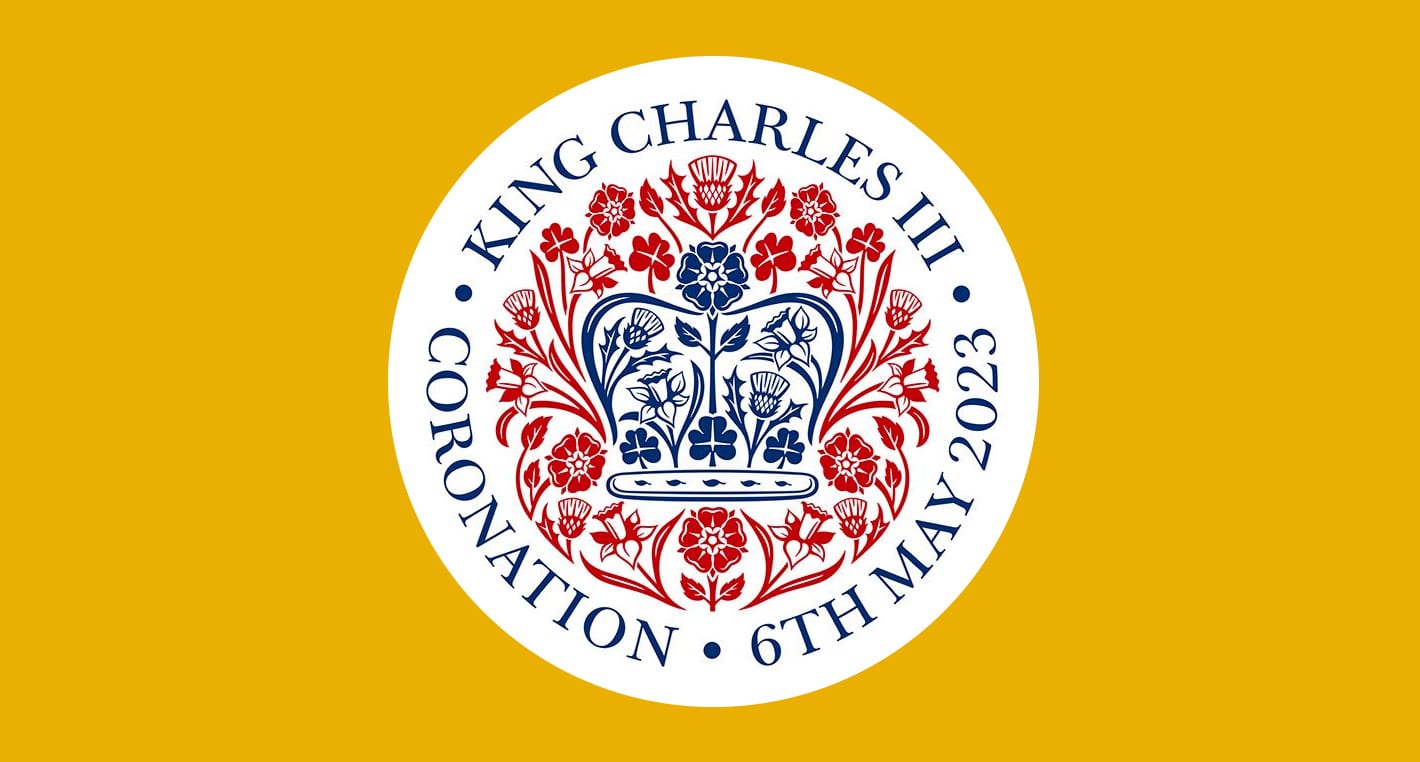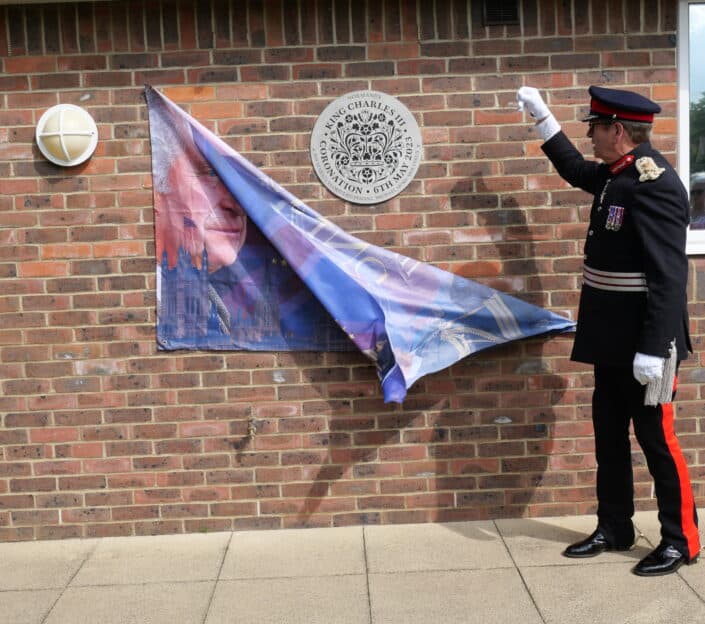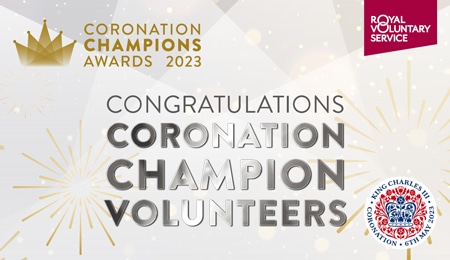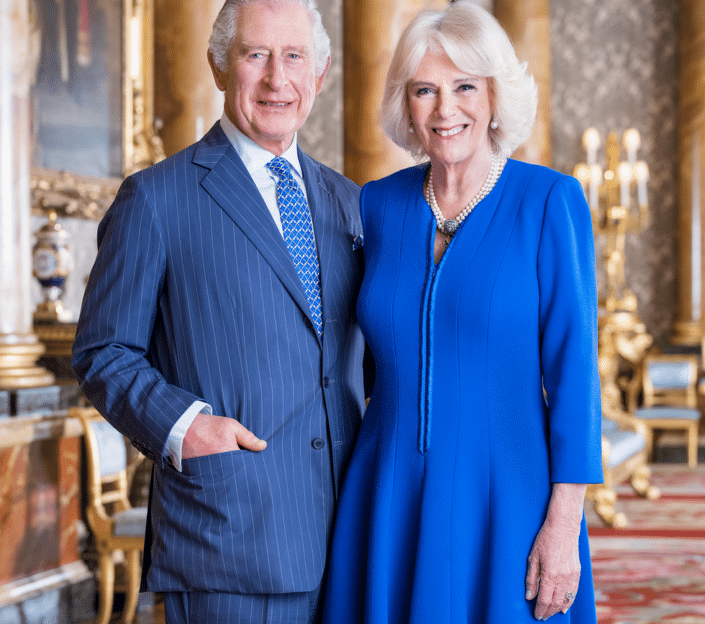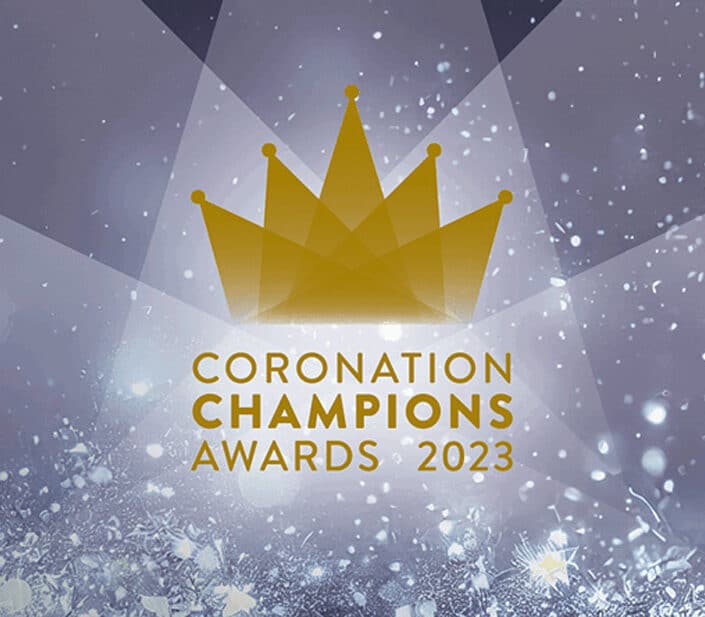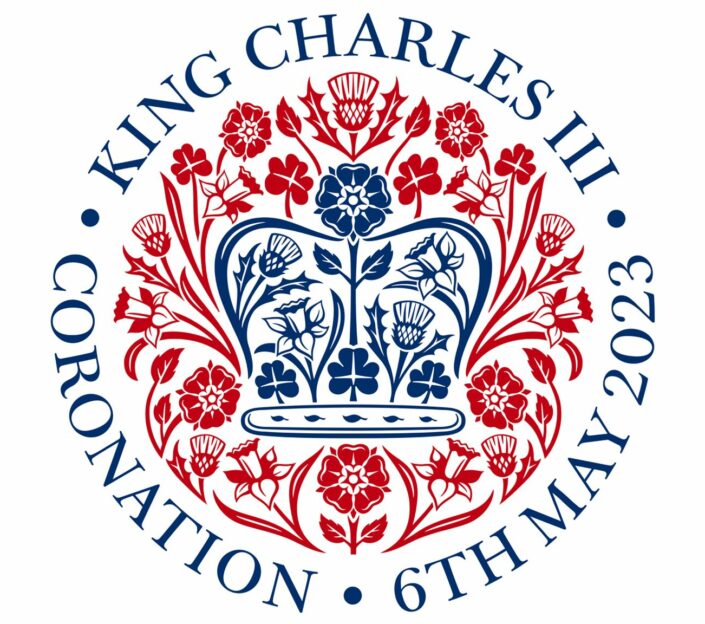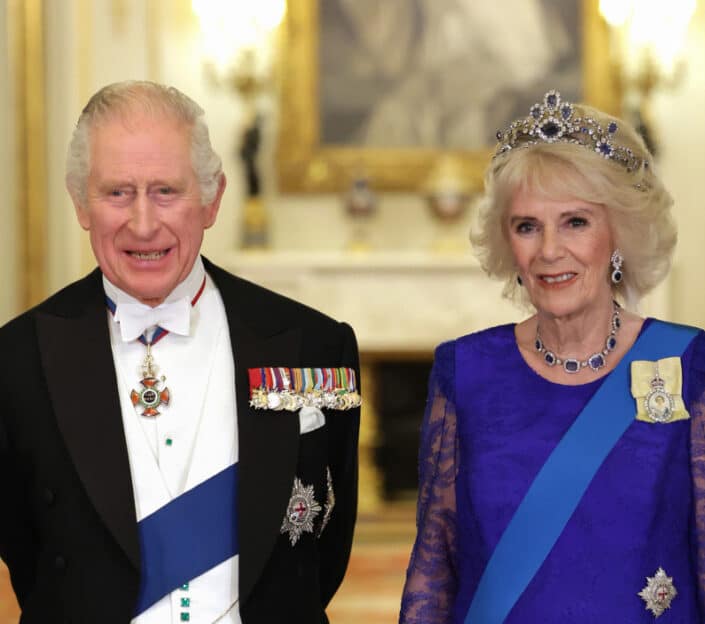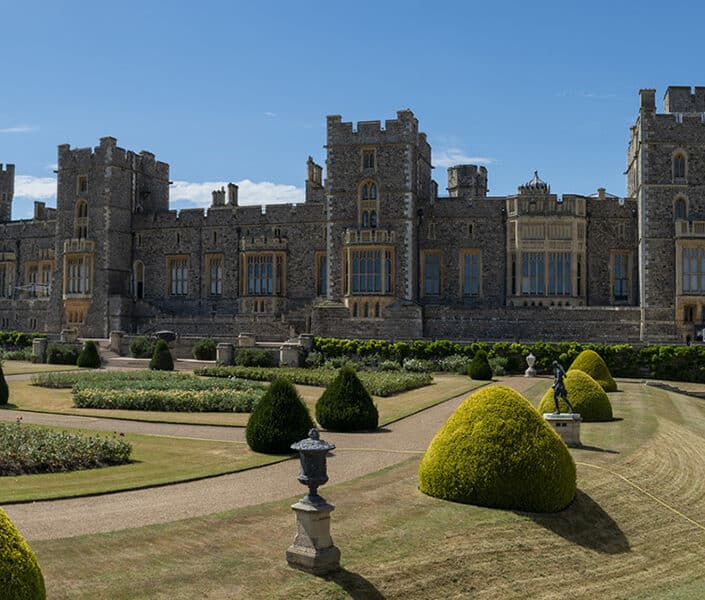The Coronation of His Majesty King Charles III will take place in Westminster Abbey on 6 May.
Every Monarch has been crowned in the Abbey since William I in 1066 – with the exceptions of the boy king, Edward V, and Edward VIII, who abdicated before his coronation was held. The ancient ceremony of the coronation has had the same basic structure for over a thousand years. Its present format can be traced back to the ceremonial drawn up in the Liber Regalis, the ‘Royal Book’, written in 1377 for the coronation of Richard II, a book still preserved in the library of Westminster Abbey. Over the centuries some details of the service have been altered, and the monarch’s Coronation Oath amended. But the coronation remains at its heart a religious ceremony at which the Monarch is crowned, anointed, consecrated and dedicated in God’s name to a life of service and duty to his country. The Archbishop of Canterbury will lead the Coronation ceremony and The church of England is providing a range of resources for churches and parishes to use.
It has been 70 years since the last coronation. That of King Charles III will be different in detail – though not in substance – to that of his mother, Queen Elizabeth II, in 1953. Those details are still to be announced. For further information on the Coronation as it is released you should click here.
There are many ways you can get involved in His Majesty The King and Her Majesty The Queen Consort’s Coronation plans.
The UK has a long history of organised street parties to celebrate national events. Why not organise one with your neighbours for the Coronation?
You’re welcome to host parties right across the Coronation weekend, or as part of the Coronation Big Lunches below. Read and follow government guidance on how to host a street party on GOV.UK.
In addition, to mark His Majesty The King’s Coronation thousands of organisations across the country are getting together to give us all the chance to help out in our own local communities. To find out more about how you can become involved in The Big help out visit the website.
The Royal collection Trust have complied a pack of school resources for the Coronation 2023. The Resources pack contains a selection of activities full of historical facts, insights and fun learning opportunities
Youth Beyond Borders is looking for enthusiastic young artists aged 18-25 to undertake our Creative Commission Programme as part of the Coronation for King Charles III, in partnership with the Archbishop of Canterbury and the Church of England.
The Coronation brings a big opportunity, and this programme seeks to enrich and inspire a generation to young people, as well as offer tangible investment and training to propel the careers of four young artists from England, Northern Ireland, Scotland and Wales. The programme has been designed to help the artists to develop their creative ideas and skills. It will run across four days in April, focusing on the theme of ‘Service to Community’, it will be exhibited as part of the Coronation with the final work showcased on a global stage to a mass audience.
The four participants will receive:
- 2x masterclass sessions with guest artists across different artistic disciplines
- Opportunity to have their work documented during the coronation proceedings and to remain in Church of England buildings to ensure the legacy continues
- £2,000 bursary to support career development
- 6 month mentorship including training and development
- Networking opportunities to grow your connectivity with your peers locally and nationally
Interested? Please apply by Thursday 30th March at 5pm
THE MEANING OF THE CORONATION
Last week’s Coronation in Westminster Abbey was a wonderful spectacle of historical pageantry, of dignified majesty and impeccable ceremonial. It was both magnificent and very moving. For every Monarch since William the Conqueror was crowned on Christmas Day, 1066 Coronation in the Abbey has been a rite of passage. Its present format goes back a long way. Like its predecessors, the ceremonial of yesterday’s Coronation was based on the Liber Regalis, the ‘Royal Book’, compiled in 1377 for the coronation of Richard II – and a book still kept, incidentally, in the library of Westminster Abbey. Over the centuries some of the details of the ceremony have clearly changed. The Coronation Oath has been several times amended to take into account a changing religious context. The length of the ceremony has been much shortened: just two hours yesterday, to the relief of a congregation which had to be in its seats a further two hours before the ceremony began. The numbers have been reduced: 2,000 yesterday compared to the 8,500 squeezed into the Abbey on elaborate extra tiered seating in 1953. The congregation reflects the way in which society moves on: no longer the ermine robes and coronets of the serried ranks of the House of Lords. And for the first time the different faiths had a role in the ceremony yesterday which recognised the fundamental changes in Britain’s spiritual mixture over the last 70 years.
What has not changed, however, is the essence of what the Coronation service is. It is at one level a ceremony about earthly rule and the exercise of sovereignty. But it is much more than just performance and spectacle. Fundamentally, and at its heart, it is a sacrament and religious rite of the highest significance. Within the framework of a service of Holy Communion it is a public dedication of the Monarch before God to a life of service and duty to the nation. The Monarch is proclaimed as God’s servant, responsible to God for the right exercise of his authority and leadership. The Coronation Oath is an oath about the Sovereign’s duty as Head of the Church. The anointing – the most intimate part of the ceremony – is a deeply symbolic ritual of commitment to the Almighty, in the same manner as the sign of the Cross in baptism. The regalia, the symbols of authority given to The King, above all the orb, the sceptre and the crown, derive their authority from the spiritual envelope of the Coronation. They only bestow that monarchical authority because they are given to The King after his anointing. And the climax of the ceremony, following the Homage and the Acclamation, is of course the taking of Communion by The King and The Queen at the High Altar of the Abbey.
This is what singles out the Coronation as the most important moment of a new reign. And this spiritual significance will have been the meaning of this sacred rite to our new King. For he is a deeply religious man. He is open and sympathetic to the different paths to God of other beliefs. More than 25 years ago he spoke of his wish to be known one day as Defender of Faith, rather than Defender of the Faith, as a symbol, in his eyes, of the degree to which the spiritual – faith – pervades the meaning of every aspect of our existence. But he remains in his being a steadfast and devoted Anglican. This is a man dedicated to an act of worship every Sunday, no matter where he is or what his commitments. If an overseas visit includes a Sunday, for example, his programme will wherever possible include a church service. The King’s faith matters to him in an intensely personal way, just as it did to his mother.
Coronation has, therefore, two essential aspects: it is both a very public and a very personal moment for our new King. So a word about its public significance, about what the Coronation symbolizes for the value and meaning of Monarchy today.
The Coronation is the most significant moment of a new reign. It confirms the Head of State in his onerous responsibilities and symbolises in a powerful way the importance of what the Monarchy means today. That importance takes many forms. Monarchy stands for stability and reassurance in a changing and often uncertain world. It stands for principles of behaviour which are demonstrably other-regarding rather than self-interested. It stands for service and duty, tolerance and understanding, qualities which are the bedrock of a truly civilised society, and what the Archbishop described yesterday as ‘love in action’. It is the one supremely unifying institution of the nation and its supreme representative in both good times and bad, and crucially above the thrust of party politics or the pressure of narrow interests. It is an institution which celebrates and encourages the best in our society, able to express on behalf of the country at large our most important moments of national celebration and national grief. It is able to represent a pride in all our country stands for in a way not open to anyone else.
This contribution to our national life by our Head of State is precious beyond measure. It is found, in its totality, nowhere else. So let us see the Coronation for what it is: a wonderful public celebration not just of the individual but of the Monarchy itself and its continuing importance to modern Britain. Yesterday was a day of celebration and pride – celebration of a glorious moment in a new reign, and also pride in all that our unique Monarchy represents for the good of our country. The Coronation is, in short, a rich blessing to us all. Let us treasure its value.
Michael More-Molyneux
HM Lord-Lieutenant
Activities full of historical facts, insights and fun learning opportunities
